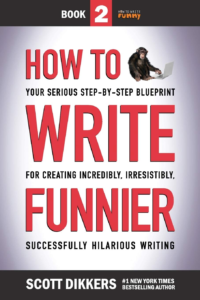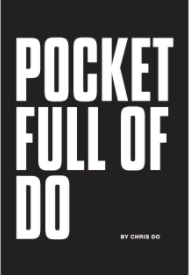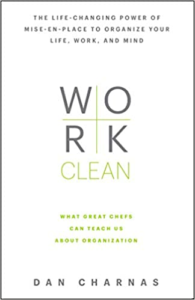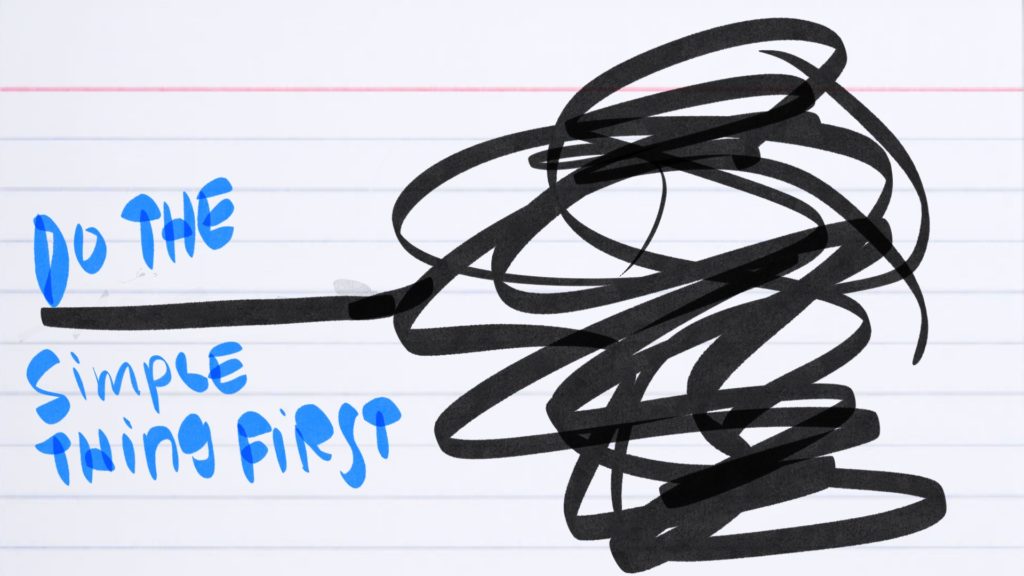
Check out the full notes for “How to Write Funnier: Book Two of Your Serious Step-by-Step Blueprint for Creating Incredibly, Irresistibly, Successfully Hilarious Writing” by Scott Dikkers
In “How to Write Funnier”, Scott Dikkers compared the practice of daily joke writing to a photographer’s process:
Photographers routinely take dozens and dozens of photos in order to find a good one. Everyone seems to understand this process when it relates to photography. The photographer’s peers understand it, and they happily offer feedback, pointing out which photo among the pile are keepers. Despite the fact that only a tiny percentage of the photos are deemed acceptable, at no point does anyone question the photographer’s skill at taking good photos.
It’s similar to the analogy with the pottery teacher or whatever kind of teacher you’ve heard for that story. But I like the scope of this photography comparison. It focuses on a single creative session for a photographer. A single shoot where shoot a whole lot more than you end up using.
(Yes, there are probably some lessons to learn from film photography and considering each shot carefully and understanding what you’re doing, but let’s stay focused on making piles of garbage because that’s a specialty of mine.)
This is a bit different than building your skill up over a school semester by making pot after pot. The photography session matches better when thinking about day tight compartments.
You’ll make some junk today, but there’s a shot or two that you can use. You can get to a good joke today if you blaze a path of bad jokes.
And it still works for the longer term, because the photographer will improve over time. Both in setting up the shots and then in building up taste in getting feedback picking the selects.




